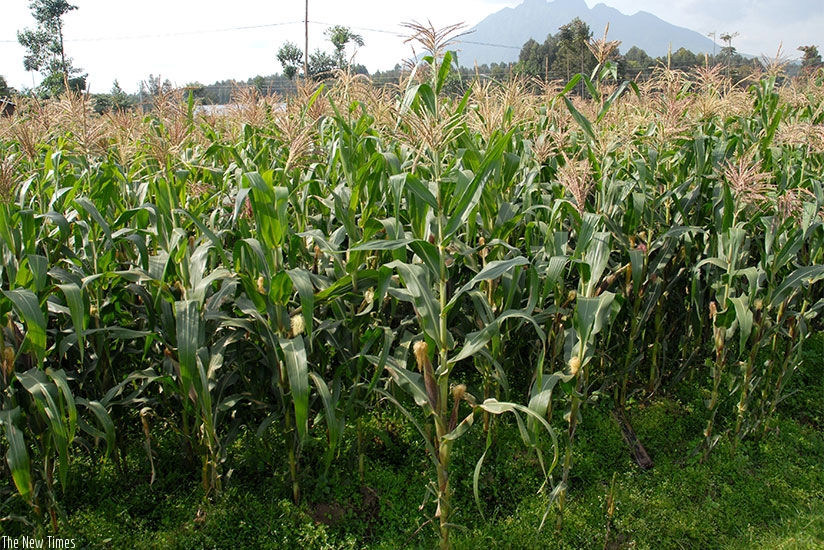Editor, RE: “Africa, be aware of GMOs!” (The New Times, February 6). I commend Mwene Kalinda for being a very vocal voice on GMOs. It appears Rwanda has a biosafety framework under discussion since 2005 led by Rwanda Environmental Management Authority and I came across the copy online.


Editor,
RE: "Africa, be aware of GMOs!” (The New Times, February 6). I commend Mwene Kalinda for being a very vocal voice on GMOs. It appears Rwanda has a biosafety framework under discussion since 2005 led by Rwanda Environmental Management Authority and I came across the copy online.
Hopefully this process can be re-ignited/fast-tracked and ensure all stakeholder groups are consulted. There is a proposed biosafety committee and biosafety clearing house, for example. It seems quite comprehensive.
If it is in parliament then our parliamentarians need to take their time and ensure all concerns have been addressed. Our neighbours Kenya already have GMO maize, so action should be now before such foods/seeds end up on the Rwanda market.
Kigali Girl
********************
I believe in the environmental credentials of my country’s government and the commitment, at the highest level, to ensure that policies and programmes are broadly positive in their outcome for the people of Rwanda, including their vital living environment.
But, because policy choices often involve difficult tradeoffs, it is quite possible for governments to opt for what they consider the least bad choice given imperative needs in other areas.
Policy decision-making is not always a matter of choosing between good and bad; it can sometimes be an issue of choosing between bad options (for example, ensuring immediate or short- to medium-term food security and long-term ecological-environmental sustainability).
In many ways (perhaps cowardly) I am happy it isn’t I who has to make those choices.
But I also see my role as an engaged citizen who wants to ensure that our generation bequeaths a livable environment to the next and those after them.
That implies an obligation to highlight the risks of various tempting choice options so that we avoid getting into the proverbial quandary of selling our birthright for a mess of porridge!
Mwene Kalinda
********************
GMOs are already the most studied food in history, the few fringe studies that show doubt have been torn apart by scientists for various reason, but more importantly, those studies have not been replicated while the numerous ones showing safety have been.
As for GMOs depleting the soil, sure anytime you take a crop off the soil it takes away nutrients, do GMOs take more? Sure if they yield more then it is only logical that they do take more nutrients out of the soil.
These need to be replaced either through crop rotations and cover crops, organic fertiliser or commercial fertiliser. This would be the same for any farming.
Roberts


